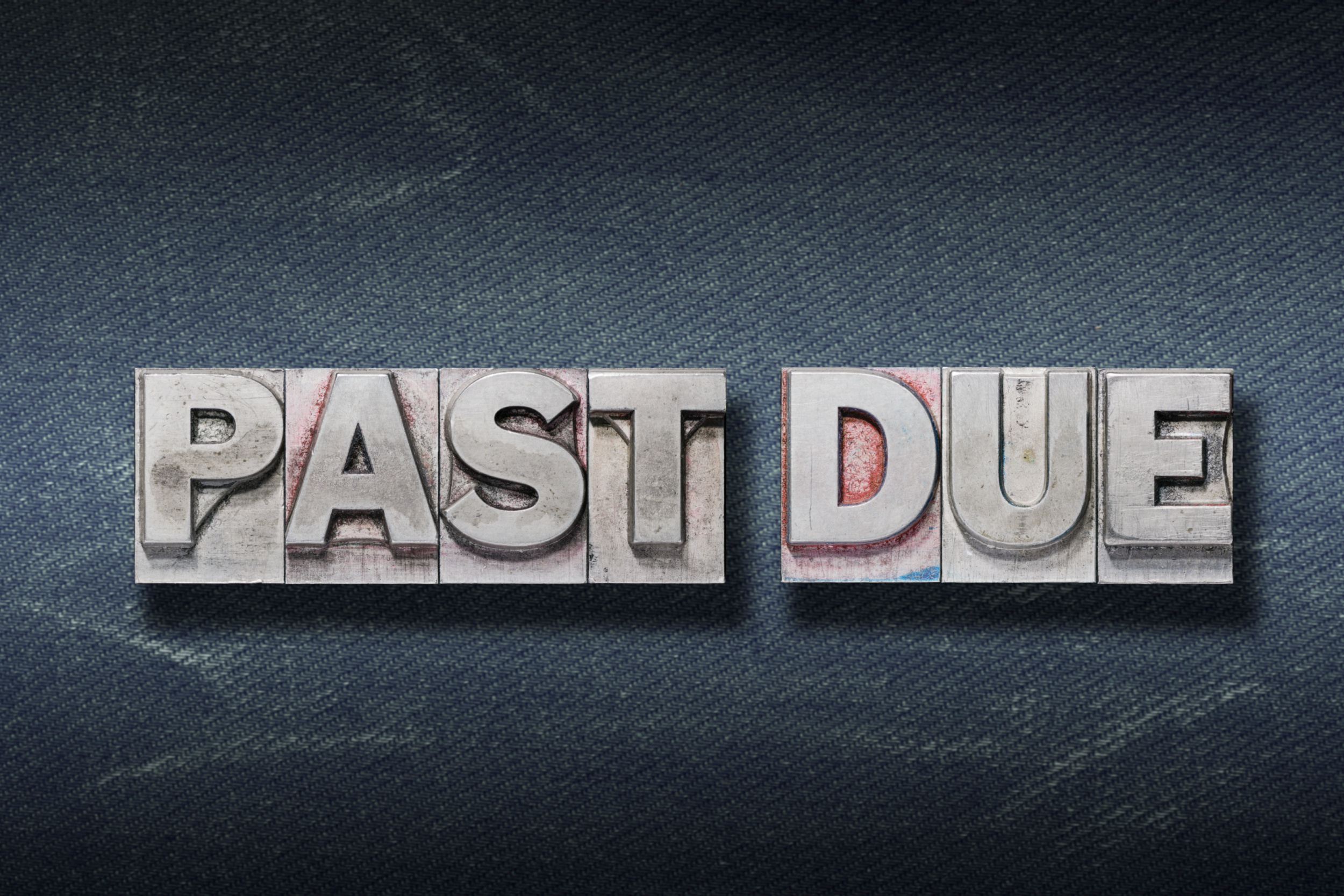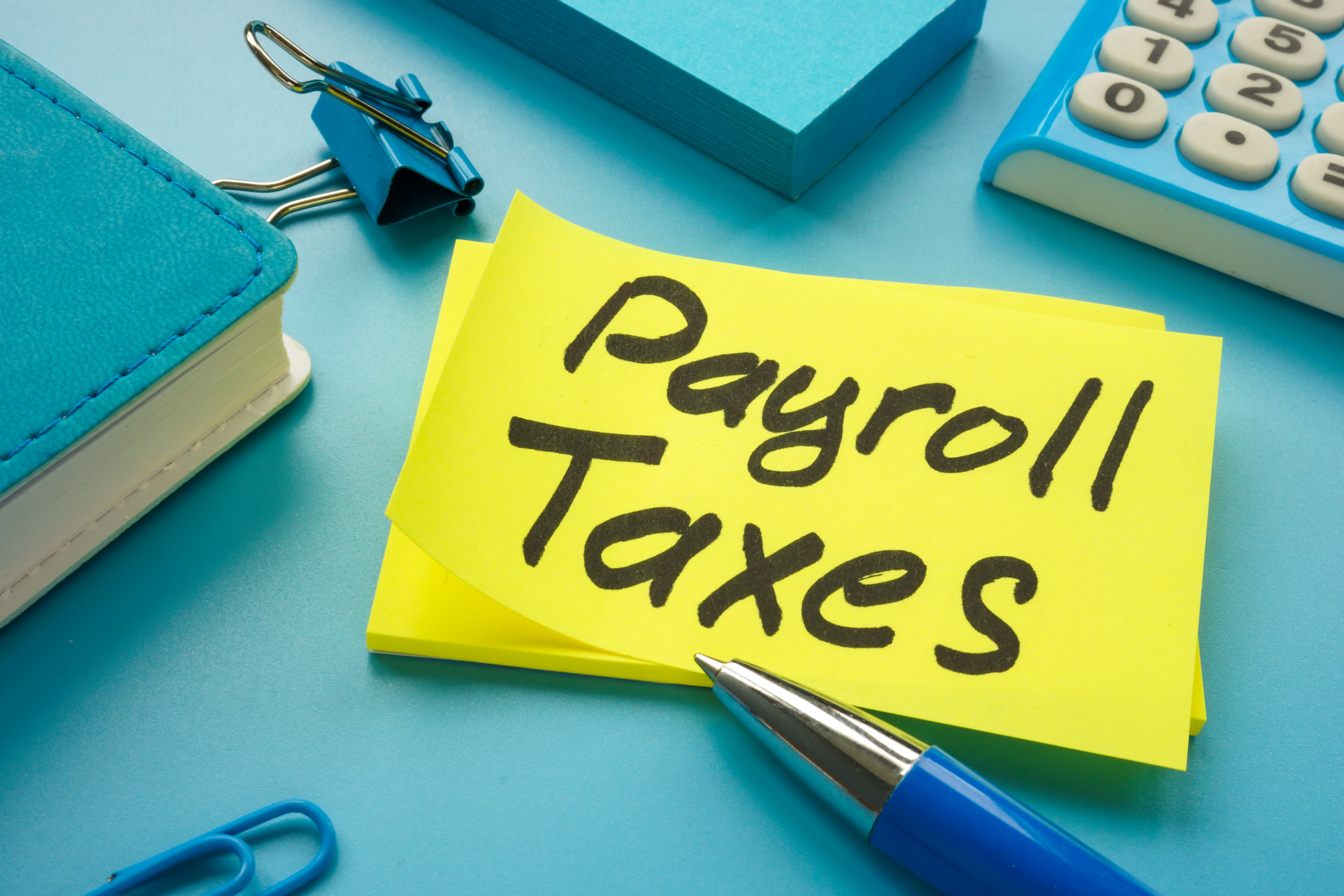BACK TAXES OWED
Owing taxes from years past can feel like a threatening dark cloud at the horizon. No matter which way you turn, it’s always there. Maybe your tax troubles started innocently enough — you just didn’t have the money to pay your taxes one year. Or maybe it came all of a sudden when you finally completed one or more non-filed tax returns.
Not paying the back taxes you owe can have dire consequences; don’t wait until you have all the money to pay off back taxes, Take action today, call us!
Like those non-filed tax returns, owing back taxes is a problem you cannot ignore. Not filing your federal tax returns is a crime; not paying the taxes you owe from previous years can mean penalties and fines that can triple the original amount you owe. The longer you let it slide, the more money you’ll potentially have to pay.
It’s possible that the IRS has wrongfully assigned liability to you or assessed you incorrectly. If you owe back taxes to IRS do not rush to pay off. Reach out to a tax expert for back taxes to resolve any taxes you owe. Only the best tax resolution services companies can review and deal with the IRS to resolve back taxes owed to provide tax relief help you need.
DON’T WAIT
Even the most successful entrepreneurs, the best-paid executives and the most prosperous individuals can have problems with back taxes owed. If you owe back taxes do not wait. Tax penalties and interest add up fast. Find a licensed tax accountant who can help you pay off back taxes and contact the IRS to:
- Stop the penalty clock
- Decide how to minimize the penalties and fines you may have to pay
- Argue your case for leniency
G-Tax have experience helping successful people and businesses get out from under the weight of the back taxes they owe. Tax resolution services can definitely help. Don’t get the wrong idea — you’ll likely have to pay the taxes you owe. With the help of a skilled tax accountant for back taxes, though, you won’t have to come up with all the money right away or even all at once.
CONSEQUENCES OF UNPAID BACK TAXES
You’re not the first businessperson to defer tax payments without informing the government. If you let it go too long, you risk:
- Being discovered and prosecuted by the IRS
- Increasing your debt to the government
- Losing your good credit rating
If you try to handle back taxes by yourself, you may end up writing one big check to cover the taxes you owe, the fees and penalties you accrued and the interest that built up over time. Or perhaps you’ll just continue to ignore the problem, letting the amount you owe in back taxes keep stacking up. Both actions aren’t the best way to resolve your back taxes. The smartest tactic is to hire the tax accountants for back taxes to go to bat for you.
GET THE HELP YOU NEED
Accountant offers this advice of things not to do when you find yourself in trouble due to back taxes:
- Don’t panic
- Don’t let your back taxes slide any more than they already have
- Don’t take money out of your retirement account to pay off your taxes
- Don’t pay back taxes with a high interest credit card, as even the IRS offers interest rates that are more reasonable
When you hire a tax expert with an impeccable reputation, you’ll have to be prepared to open your books and your trust. The experienced G-Tax steadfastly remains on your side. They’ll give you honest answers and advice for the best get out of your tax predicament.
After you contact G-Tax, you have options that your personal tax accountant for back taxes can share with you. Together, you’ll come up with a plan to minimize your penalties and get the best deal possible. The accountant will then contact the IRS to put your plan into action.
YOU HAVE OPTIONS
Your tax expert acts as your representative to the IRS. That means you won’t be involved in the process directly, except to sign paperwork and necessary forms. Paying your back taxes follows a procedure that — depending on your situation — may follow steps like these:
- Make sure you really owe back taxes, money to the IRS
- Determine the amount you owe
- Minimize your penalties and interest as much as possible
- Avoid a tax lien
- Formalize a plan to pay what you owe:
- If the amount is manageable, pay it off in one lump sum
- Ask for an installment plan, if allowable
- Make an Offer in Compromise, if necessary
Whichever plan your tax accountant for back taxes and you decide to pursue, you’ll feel a sense of relief. Keep in mind it’s not over until you make that last payment to the IRS. In the meantime, make sure you follow up and make your payments on time.
THE IRS PAYMENT PLAN OPTION
The IRS is required to allow you to make payments to settle your debt to the government if you owe back taxes. To qualify for an IRS payment plan, also known as the IRS Fresh Start program, you must meet certain requirements:
- You owe $25,000 or less — although the Direct Debt Installment Agreement lets you pay off amounts up to $50,000
- You can prove that you cannot pay the amount you owe now
- You can pay off the taxes you owe within three years
You file IRS Form 9465, which is an official installment agreement request to the agency. Your tax accountant can do this for you — assuming you qualify and you both decide that the payment plan is the best way to go for you. A tax expert acting as your tax representative sets up installment payments with the IRS.
THE OFFER IN COMPROMISE OPTION
The IRS offers another option if you know you’re going to have trouble paying off your back taxes — especially if you accrued many fines, penalties and interest. It’s called an Offer in Compromise or OIC, and this alternative lets you pay a portion of the money you owe while wiping the debt off your record. Obviously, it comes with catches.
If you and your tax accountant decide on pursuing an OIC, you have to put together your case. The IRS considers Offers in Compromise one at a time, so your tax representative puts together your “case” to present to the IRS. You have to ask the IRS to verify that you indeed owe back taxes as much as they claim. Then you have to prove that you don’t have the resources to pay the entire amount. It’s a complicated process for which you need competent back taxes accountants.


